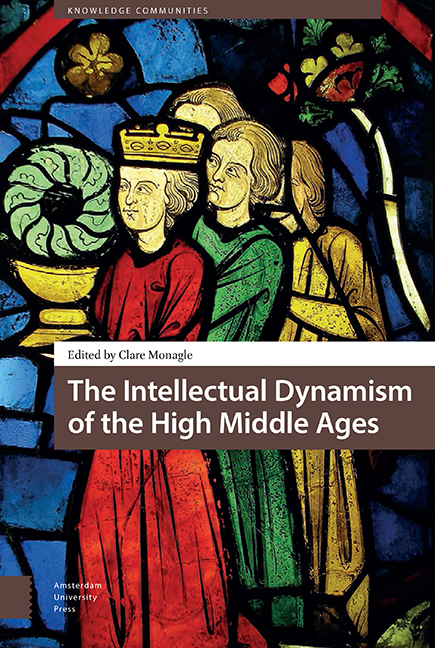Book contents
14 - In Praise of Women: Giovanni Sabadino degli Arienti's Gynevera de le clare donne
Published online by Cambridge University Press: 16 July 2022
Summary
Abstract
Giovanni Sabadino degli Arienti's Gynevera de le clare donne, a manuscript collection of 31 female biographies, completed in early 1492, aimed to defend, and even to normalize, the exercise of political authority by elite women. Based loosely on Giovanni Boccaccio's De mulieribus claris, but written in Italian, not Latin, it departed radically from its model by excluding women who had acquired notoriety through wickedness or been undone by the supposedly innate failings of their sex. Instead, it focused on those who had achieved worldly renown through remarkable, but always virtuous, conduct. This essay analyzes the cultural and political context of this text and why it found favor with women such as the young Isabella d’Este, marchioness of Mantua.
Keywords: Women and the Political Virtues, Isabella d’Este, Female Regency in Renaissance Italy
Giovanni Boccaccio's Latin anthology of 106 female biographies, De mulieribus claris, completed around 1361, includes only six post-classical women. The author explains why in the conclusion of the work: ‘As is apparent, I have now come to the women of our own time. But so small is the number of those who are outstanding that I think it more honorable to end here rather than continue with the women of today’. One hundred and thirty years later, the Bolognese writer, Giovanni Sabadino degli Arienti, took a very different view of the women of his era. In the preface of Gynevera de le clare donne, a collection of 31 lives, Arienti distinguishes his approach from that of his Tuscan predecessor: ‘one can say that many women have lived excellently in our age and are certainly no less deserving of having poems or histories written about them than the ancient and noble women who were glorified for their memorable deeds by famous writers’. With one exception, the individuals profiled in the Gynevera had died by the time Arienti wrote about them, a choice he claims to have made to avoid charges of seeking to ingratiate himself with the living. However, many of his subjects existed only a generation or two before his own. Their names would have been entirely familiar to late-fifteenth-century readers, since they were associated with some of Italy's most powerful families – the Visconti, Sforza, Este, Gonzaga, and Montefeltro and the Aragonese monarchs of Naples.
Apart from their near contemporaneity, the women of the Gynevera present another notable contrast to those in De mulieribus claris. Boccaccio considered fame to be the achievement of ‘a reputation throughout the world for any deed whatsoever’.
- Type
- Chapter
- Information
- The Intellectual Dynamism of the High Middle Ages , pp. 297 - 316Publisher: Amsterdam University PressPrint publication year: 2021

